From Steel Fundamentalism to the Politics of Representation

Stein’s key insight was that, just like labor radicals and union administrators of the collective bargaining regime, those responsible for economic policy and for addressing the accumulated racial disparities of 300 years of slavery and Jim Crow also thought that the postwar economic arrangements would go on forever. This led to what Stein called “steel fundamentalism.”
Issue #30: Not One Step Back from Class Analysis
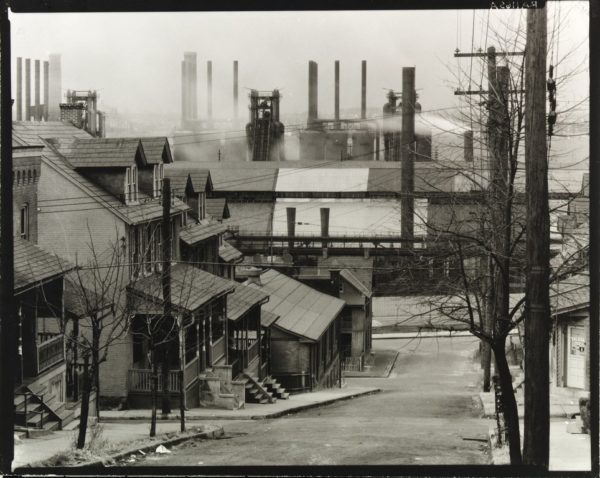
In this issue authors engage the history and future of the labor movement (returning to the example of Judith Stein), the necessity for a jobs programs, and the neoliberalization of biomedical research and of the nonviolent resistance movement spearheaded by Gene Sharp.
Politicizing the Centrality of Race in Post War Urban Histories

Making sense of racial politics in any period requires close attention to the political and material interests of the people who make use of racial terminology. In contrast to dominant historical and social science studies of postwar American cities, the work of Judith Stein went beyond mere acknowledgement of this basic insight. Her insistence that the social construction of racial identities is inherently political and context-dependent contributed depth and richness to her historical narratives and offered a telling critique of the politics of her peers in the field.
N+1 and the PMC: A Debate about Moving On

What has led so many of us relatively independently of one another to start thinking about the PMC as a class formation in the first place? My sense is that it has to do with a combination of factors we’ve all been confronting and trying to reckon with concerning 1) tendencies and tensions within what seems to be taking shape as a popular left in the US and UK, 2) the fragility of left-led governments that have been elected in places like Greece and various South American states, 3) how to make sense of and respond to the tide of authoritarian neoliberalism around the world, which I suspect most of us understand as no aberration but an organic outgrowth of several decades of neoliberal hegemony, which in both its “left”-technocratic and right poles rejects and has sought to seal off options for popular politics of any sort and 4) the utter bankruptcy under those conditions of social-democratic parties nearly everywhere.
Issue #29: Industrial Democracy, Whiteness, and the Complexities of Black Politics
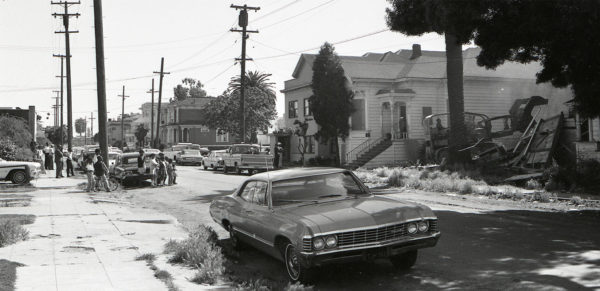
In this second installment of work inspired by the example of Judith Stein we include essays by Preston Smith II on New Urban Renewal, Touré Reed on Lester Granger, Thomas Adams on Stein, Cedric Johnson on David Roediger, and Anton Jaeger on David Graeber.
The Wages of Roediger: Why Three Decades of Whiteness Studies Has Not Produced the Left We Need
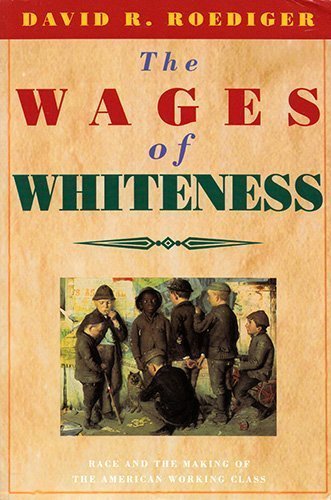
The popular claim that Trump’s election signified resurgent white supremacy is not only wrong—it’s dangerous. It grants more power to the fascist right than it deserves. Different voters and constituencies supported Trump for different reasons, not all of them rational.
How New is New Urban Renewal? Class, Redevelopment and Black Politics

The benefits that black professionals received from new urban renewal was less a change in how they define their interests than a change in opportunities to pursue those interests. There has been an underappreciation for the role of class interests in driving black housing professionals and property owners’ politics during the postwar urban renewal period.
Back to Work: Review of David Graeber’s Bullshit Jobs
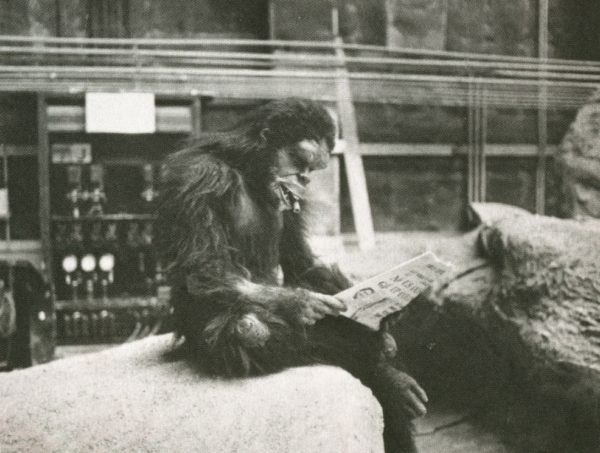
Bullshit Jobs is one long exercise in evasion—an attempt to go “beyond” capitalism without actually going through it. Graeber prefers the muteness and aphasia of the animal over the interdependence of the speaking subject. Yet as Marx, Engels and contemporaries already recognized, Kant’s ape has to begin to speak and assume his role as a member of coercive communities if history is to ever start.
Granger’s “Challenge to the Youth,” Stein’s Challenge to Historians: Industrial Democracy and the Complexities of Black Politics
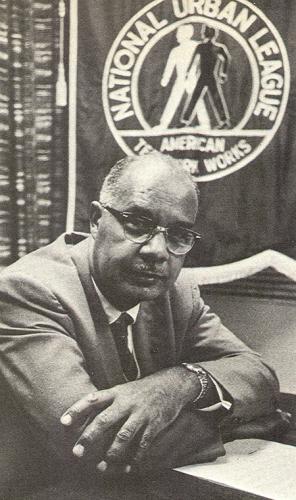
Granger and the League’s promotion of trade unionism as a vehicle for civil rights highlights the problem with the commonplace disposition to view the NUL and NAACP through dichotomous lenses like Bookerite or Du Boisian. Such frameworks not only look past institutional politics’ sway over the scope of these civic groups’ agendas, but they may also obscure the influence of changes in the broader political landscape over the parameters of African American civil rights.
Writing the History of Capitalism with Class

I wonder and worry if the fashionability of the field comes from its evasion of this question. Does it spring from a hope…that capital and capitalists can regulate themselves, that in effect, capitalism can have a history sans class politics. As Stein’s work shows, this seems at best naively decontextualized—detached from the actual history of capitalism. And at worst? Then the new history of capitalism looks a lot like the ideological expression of its subject.


